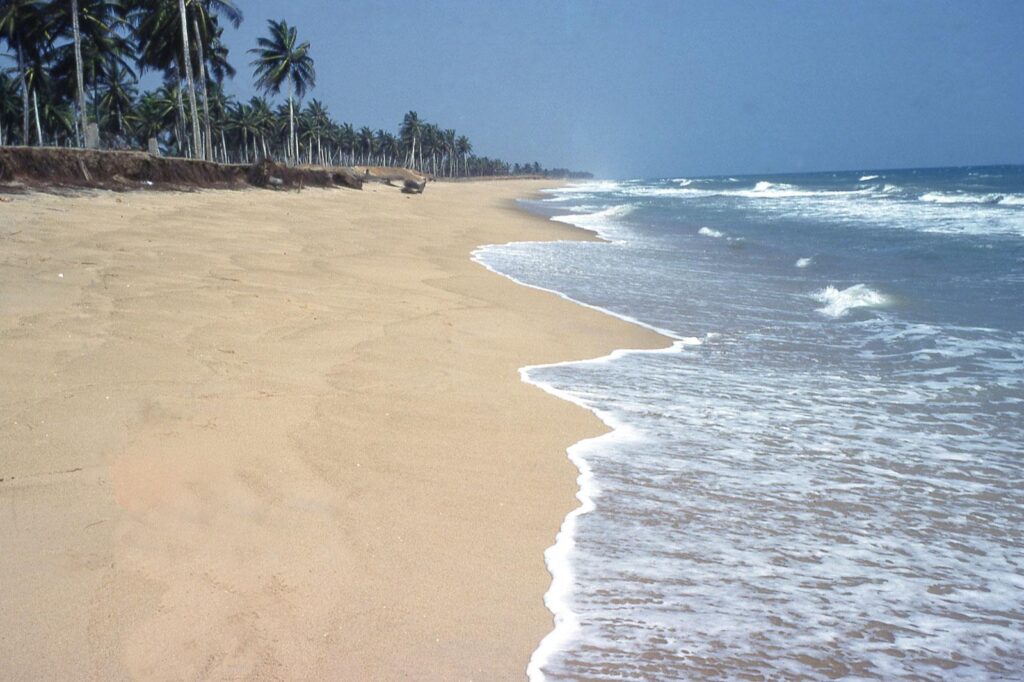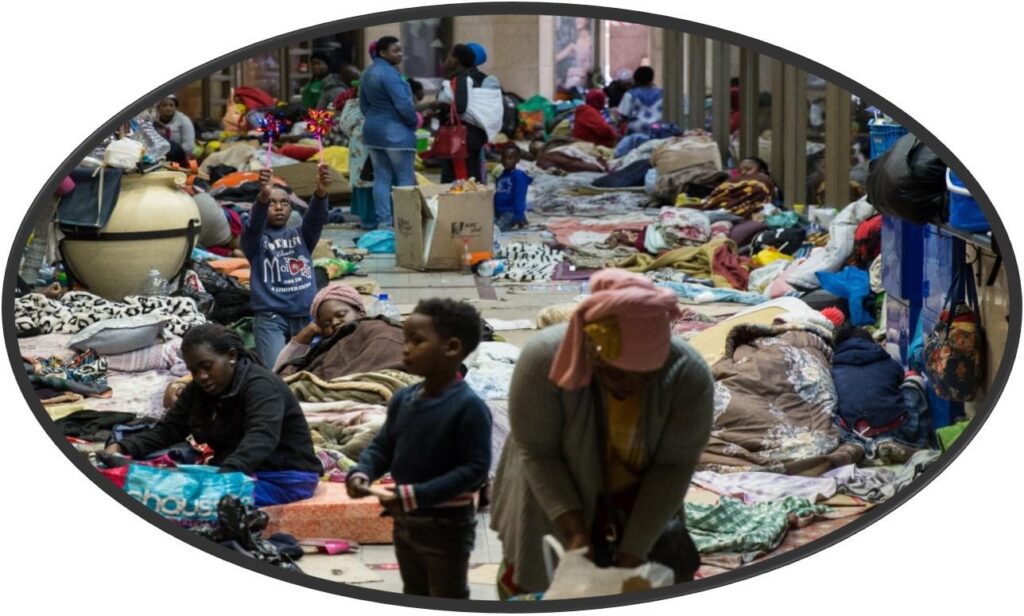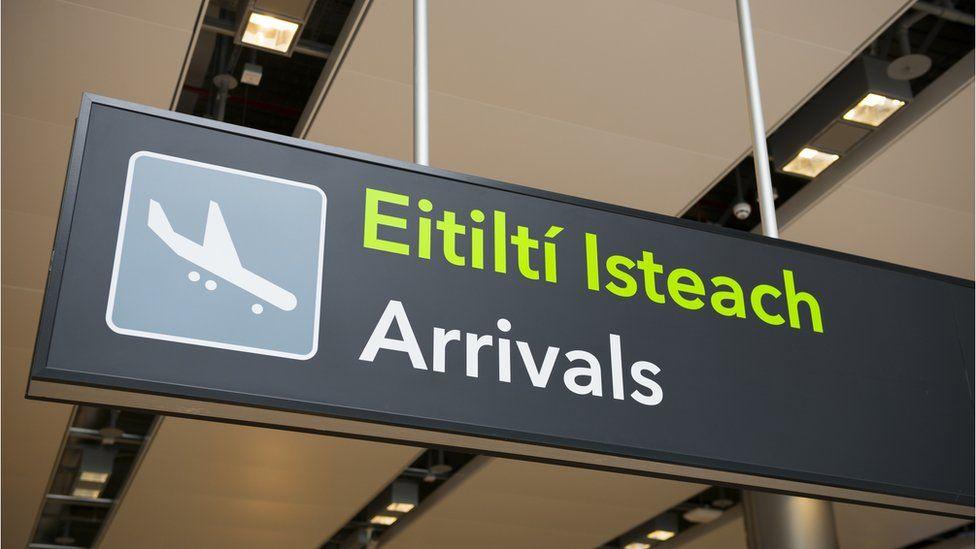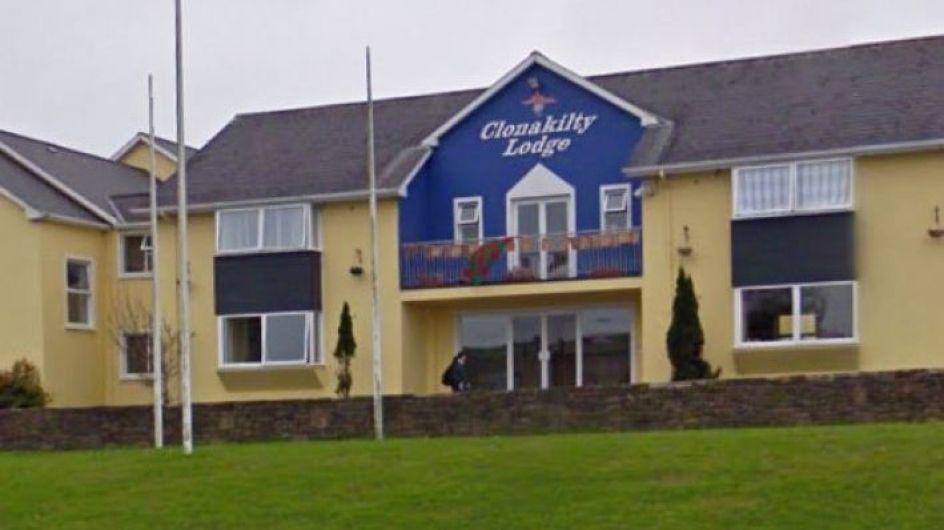Togo Civil War Politics Story
Raphael Olympio
Forced Migration from Togo
Childhood in Togo
Raphael remembered his childhood in Togo fondly.
He enjoyed the beaches especially.
He played soccer and chasing with his relatives at the beach most mornings after breakfast.
Everyone would cook and enjoy meals together. There was an emphasis on strong family values.

Civil War in Togo
Togo gained its independence from France in 1960.
Sylvanus Olympio was elected president, Raphael’s grandfather.
However, he was assassinated in 1963 leaving Togo in a state of emergency.
The Political instability and its consequences are still ongoing.
Raphael and his family fled due to the political unrest and the Olympios’ association within the political environment.
In a military coup on 13 January 1963, Gnassingbé Eyadéma, the current president’s father, allegedly assassinated the first post-colonial president, Sylvanus Olympio.
The Gnassingbé family is still in control 57 years after (Guardian 2020).
Refugee status
According to article 1 of 1951 UN Refugee Convention, article 1 “a refugee is a person who is outside his/her country of nationality or habitual residence; has a well-founded fear of persecution because of his/her race, religion, nationality, membership in a particular social group or political opinion; and is unable or unwilling to avail himself/herself of the protection of that country, or to return there for fear of persecution”.
Political instability and crime have driven millions to flee and seek refuge under the rule of law According to the current Global Trends Report from the UNHCR, the United Nations Refugee Agency, the number of people displaced as a result of persecution, war, or abuse rose from 43.3 million in 2009 to 70.8 million in 2018.
Among those, 25.9 million were recognized as refugees, and 3.5 million sought asylum in countries other than their own.

Arrival in Ireland
Raphael and his family migrated to Ireland in January 2000.
The journey took them from Togo to Ghana to Benin, and lastly Ireland.
His relative also migrated to the US, France, and Belgium. Everywhere but Togo.
Raphael was 5, he had 3 younger brothers with 2 years between each.
He remembered his first moments in Ireland as extremely cold.
He could not yet speak English; his parents would translate.
The official language in Togo is French.
He remembered being confused as to why they were there, as well as being cold and hungry as it was very late.
An emigration officer escorted them to a bus, to organise documents and be questioned.
Despite being 5, Raphael was also questioned.
Afterwards, the family was taken from Dublin to Cork, and were placed in Clonakilty DP for 3 years.

Time in Direct Provisions (DP)
Friendships made were a blessing, Raphael stated it would have been hard if not for the friends he made.
His family stayed in the one room, with little to no privacy.
Raphael mentioned the unappetizing food and lack of freedom as drastic compared to his time in Togo.
Although he did enjoy meeting those from all different backgrounds in DP.
Raphael recollected a few instances where people would try to make them feel like they were lucky to be there.
However, Raphael mentioned that he felt more unsafe in DP than he ever felt in Togo.

School Life while living in Direct Provisions.
His parents found it difficult to assist with homework as the curriculum was completely different.
Raphael also noticed the stigmatization that came with living in DP.
Segregation happened as a result of DP routines. Such as children living in DP all arriving on the same bus. People would stare at them exiting the bus; thus, they were then treated differently.
Additionally, language barriers made integration extremely difficult.
As mentioned before Raphael was very active but found it difficult to get involved in Irish sports. As he was not familiar with them other kids would laugh.
After Direct Provisions
Moved to Cork City, his family were the first black family in the area.
Raphael got involved in group work and focused on his religion Christianity.
In addition to being the first black family, Raphael was also the first black student in his new school.
He was kept back, a decision that was never explained to him or his parents. Then once the school realized he was capable they moved him past 2nd class straight into 3rd. Again, without any explanation.
However, Raphael enjoyed his secondary school experience, he made many friends and was very involved with sport. He was well liked amongst his peers.
Direct Provisions in Ireland.
The International Protection Accommodation Service (IPAS), an administrative body of the Department of Justice, manages Ireland’s method of housing individuals needing international protection while in the asylum phase through the direct provision scheme.
Direct Provision was first designed as a short-term option to house asylum seekers, supplying them with food, lodging, and basic needs for no more than six months.
Owing to substantial delays in the asylum process, most people spend an average of three years, and in some cases more than seven years, in Direct Provision.
Some of the difficulties people in direct provision encounter include long time spent waiting, the indefinite length of the delay, the overcrowding, the loss of privacy, the failure to cook or enjoy a regular family life, the idleness, the loneliness, the difficulties obtaining care.
Direct Provision recipients often have restricted access to higher education and jobs.
The scheme disproportionately affects vulnerable individuals with special needs, as well as young people, and LGBT people (Irish Refugee council 2020).
Ignorance from those who should know better.
A key incident Raphael pointed out involved a teacher at his secondary school.
While playing sports, a teacher said that they could not wear a Raphael shirt as it ‘would be dirty and black.’
Segregation in primary school, underestimation afterwards and ignorance from teachers were prevalent.
His mother complained, the teacher had tried to apologize but Raphael wanted to leave.
He completed his 5th and 6th years in another school.
Consequence of DP
These struggles put strain on Raphael’s family, leading to both parents becoming psychologically unbalanced.
The boys were put into foster care for a period of time.
They reunited with their mother but he has no idea where the father is.
His mother became a health care worker, something he is really proud of.
His status in the country prevented him from progressing onto 3rd level.
He would then have to pay €8000 per year in fees.
He felt left behind as all his friends were progressing and he was delayed.
He stated that how a person is born and what they came from becomes a hindrance from what they can and want to be.
The Future Looks Bright
After all the setbacks, Raphael got a job at 18.
He saved as he tried to gain access to higher education.
He achieved this, studying theology for 2 years at a private institute. Then nursing studies for 2 years.
Raphael is currently studying occupational therapy in UCC as a mature student as well as working on his music enterprises.
Raphael would like to see an end to DP.
He now identifies as Irish and Togolese.

Anti-Racism.
Persecution, war, and aggression are well-known causes of migration, and they are often rooted in unjust policies, poor government systems, chronic poverty, exacerbate state fragility and fragmented accountability mechanisms, Ferris (2018).
According to a study by Jeffrey H. Cohen Department of Anthropology the Ohio State University in (2018) 64 percent of the households interviewed cited strikes, crime, and economic downturn in the city as motivators for migration.
Seventy-two percent of the 94 families with relatives in Oaxaca City currently reported that those relatives have faced one or more forms of trouble because of the attacks. (Robert, Abajournal, 2019).
There is an unrealistic consensus amongst the opinions of those in the Global North as to the reasons people migrate.
One of the common concerns is welfare interests, which is unfounded. Raphael was often told to consider himself lucky to be in Ireland, however he described his life in Ireland as a struggle compared to Togo.